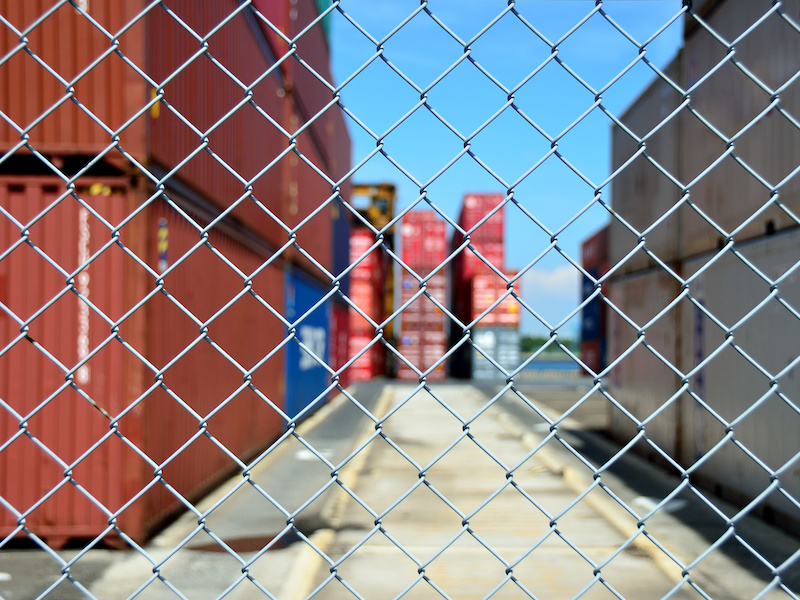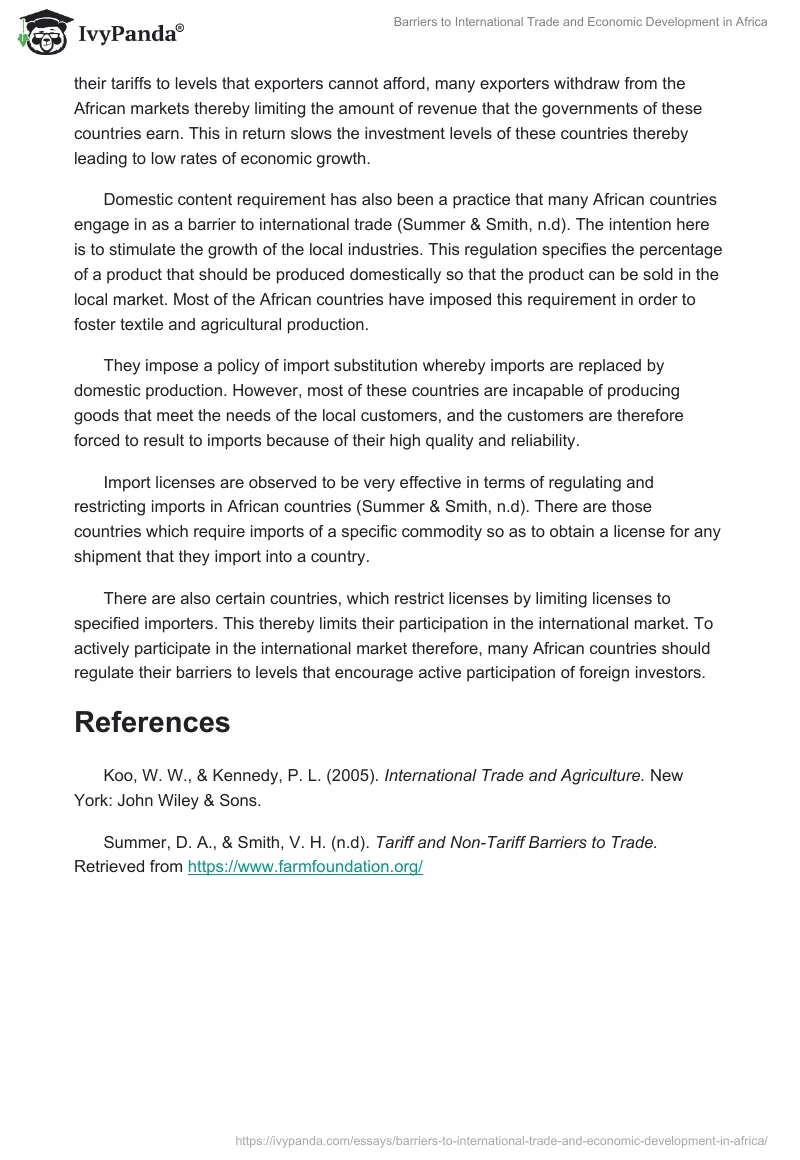Introduction
In an interconnected global economy, trade barriers serve as obstacles that hinder the smooth flow of goods and services across borders. While these measures may appear to protect domestic industries in the short term, closer examination reveals their grave consequences for the economy and society. In South Africa, the rampant use of trade barriers has stifled growth, dampened innovation, and exacerbated inequality, compelling us to re-evaluate their detrimental effects and seek a path towards trade liberalization.
Protectionist Fallacies: Unveiling the False Promises
Trade barriers often stem from the misguided notion that they safeguard local businesses and jobs. However, this protectionist approach is fundamentally flawed. By shielding domestic industries from foreign competition, it breeds inefficiency and stifles innovation. Protected firms, shielded from the pressures of international markets, have little incentive to improve their products, processes, or reduce costs. This stagnation has ripple effects throughout the economy, leading to lower productivity, higher prices for consumers, and a diminished global competitiveness.
Erosion of Comparative Advantage: Stifling Economic Growth
Trade barriers disrupt the natural flow of goods and capital, hindering countries from specializing in areas where they possess a comparative advantage. By creating artificial distortions in the market, trade protectionism can result in the inefficient allocation of resources, leading to slower economic growth and diminished job creation. South Africa, with its diverse economy and abundant natural resources, can benefit immensely from a trade liberalization approach that encourages specialization and allows businesses to leverage their strengths on the global stage.
Rising Costs and Reduced Consumer Choice: Unfair Burden on Households
Trade barriers inflate the prices of imported goods, placing an undue burden on households, particularly those with lower incomes. This protectionist tax indirectly reduces consumer purchasing power, limiting their access to a wide range of affordable and quality products. Additionally, trade barriers reduce consumer choice, as they artificially restrict the availability of foreign goods and services. By suppressing competition, trade barriers deprive consumers of the opportunity to benefit from lower prices and access to innovative products, stifling economic growth and perpetuating inequality.
Sectoral Distortions and Misallocation of Resources: A Recipe for Inefficiency
Tariffs, quotas, and other trade barriers create distortions across different economic sectors. Industries that benefit from protection often receive excessive resources and investment, while others, potentially more efficient and globally competitive, are deprived of necessary support. This misallocation of resources perpetuates a cycle of dependency and inefficiency, undermining the overall economic potential and productivity of the nation. A shift towards open and fair trade policies would allow resources to flow towards sectors where they can generate the highest value, fostering economic growth and creating sustainable employment opportunities.
Dampening Innovation and Technological Advancement: Stagnating Progress
Trade protectionism stifles innovation by reducing the pressure on domestic firms to improve their products and processes. In the absence of foreign competition, businesses may become complacent, focusing less on research and development, and ultimately hindering the progress of the entire economy. Conversely, open trade encourages the exchange of ideas, promotes access to cutting-edge technologies, and facilitates knowledge transfer, fostering a vibrant and innovative business landscape that drives economic growth and societal advancement.
Exacerbating Inequality and Marginalizing the Poor: A Social Injustice
Trade barriers have a disproportionate impact on the poor and marginalized in society. Higher prices for imported goods, coupled with reduced consumer choice, erode the purchasing power of those with lower incomes, exacerbating inequality and perpetuating a cycle of poverty. Moreover, protectionist policies spesso favor large, established businesses, further concentrating wealth and economic power, while doing little to alleviate the plight of small-scale enterprises and vulnerable communities. Trade liberalization, on the other hand, can promote inclusive growth by expanding opportunities for all, fostering job creation, and boosting economic mobility.
The Path Forward: Embracing Trade Liberalization for a Brighter Future
Recognizing the detrimental effects of trade barriers, South Africa must transition towards a more open and liberal trade regime. Removing protectionist measures will unleash the full potential of the economy, spurring innovation, increasing consumer choice, and reducing inequality. While some sectors may face short-term adjustments, the long-term benefits of trade liberalization far outweigh the costs. The government can play

Image: www.tralac.org

Image: ivypanda.com
Arguments Against The Use Of Trade Barriers In South Africa






